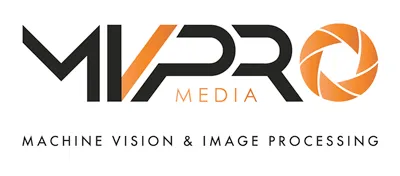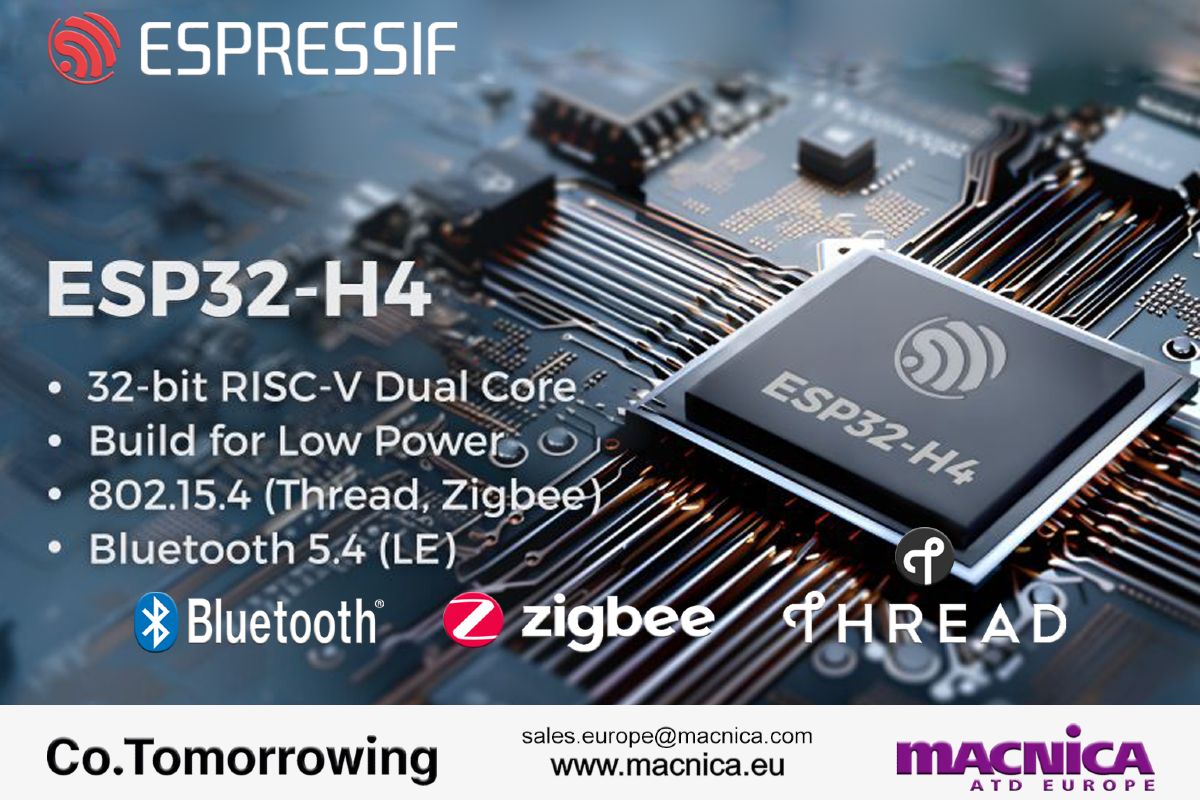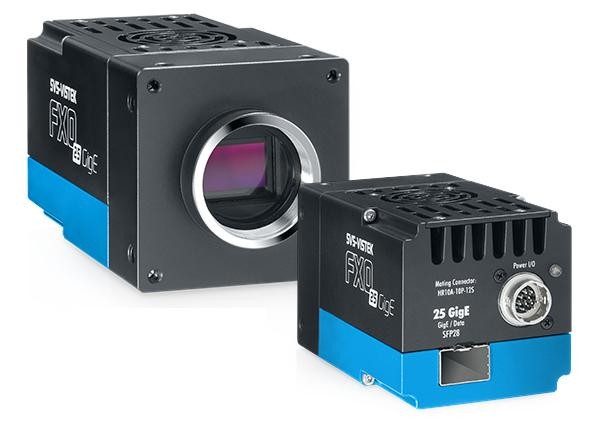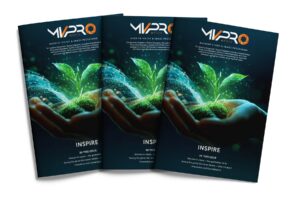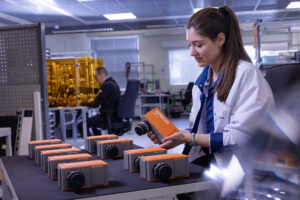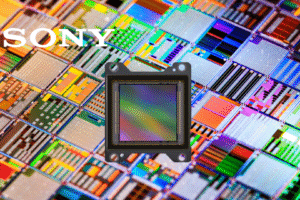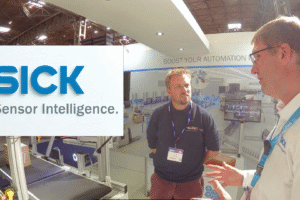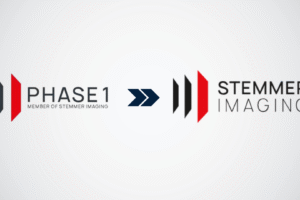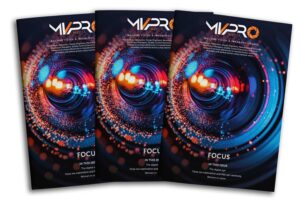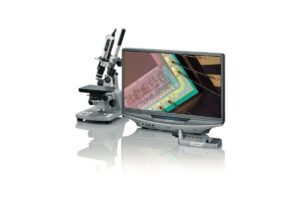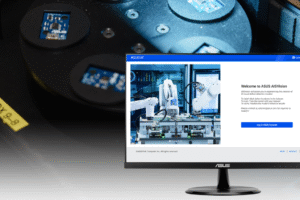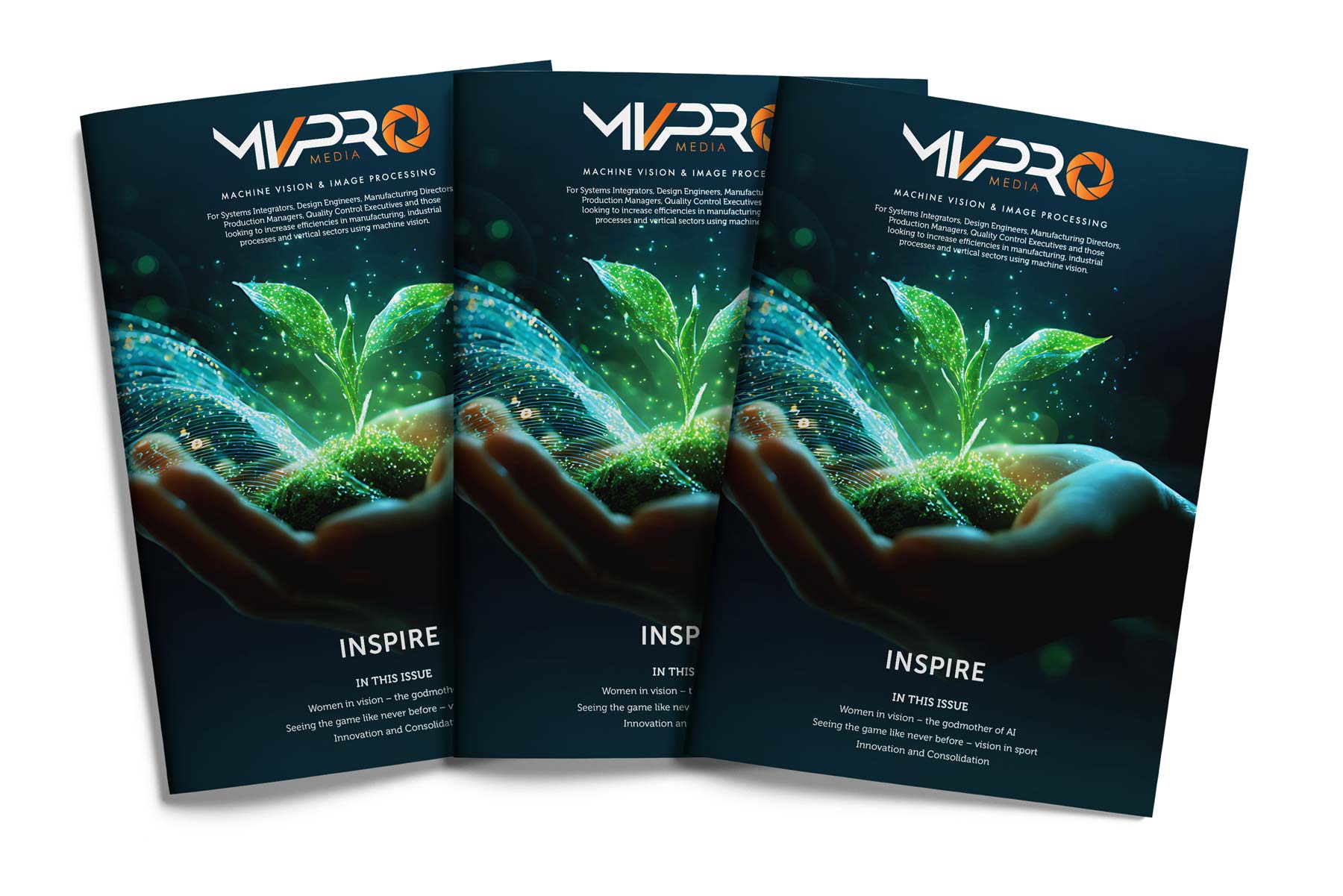Espressif Systems introduces the ESP32-H4, expanding its 802.15.4 and Bluetooth LE portfolio. This next-generation SoC caters to increasing demands for low-power wireless devices, boasting significant upgrades in power consumption, connectivity features, and memory expansion capabilities. The ESP32-H4 represents a significant advancement for Espressif’s Bluetooth LE chips, transitioning from Bluetooth 5.0 to Bluetooth 5.4.
The ESP32-H4 integrates essential connectivity technologies, including IEEE 802.15.4 and Bluetooth 5.4 (LE), crucial for low-power mesh architectures, supporting Thread 1.3, Zigbee 3.0, and Bluetooth Mesh 1.1 protocols.
The ESP32-H4 is a key chip designed for the Bluetooth Low Energy market. It introduces advanced features such as LE Audio, LE Isochronous Channels (BIS and CIS), Connection Subrating, Periodic Advertising with Responses (PAwR), as well as Direction Finding using Angle of Arrival (AoA) and Angle of Departure (AoD), expanding its potential applications.
LE Audio is the next generation of Bluetooth Audio, making audio streaming over Bluetooth Low Energy possible. Bluetooth Direction Finding significantly enhances location accuracy compared to Bluetooth RSSI positioning. PAwR makes the advertising can be bidirectional between a control device (e.g. gateway) and thousands of ultra-low-power nodes, which is targeted for retail applications such as electronic shelf labels, as well as for warehouse applications and sensor connectivity.
ESP32-H4 boasts a dual-core, 32-bit RISC-V microcontroller clocked up to 96 MHz, equipped with 320KB of on-chip SRAM, 128KB of ROM, and supports external flash memory. Noteworthy is its support for up to 4MB of PSRAM, providing enhanced memory management flexibility.
ESP32-H4 places a strong emphasis on affordable security, integrating features like secure boot, flash encryption, and cryptographic accelerators, ensuring the protection of private keys. The ESP32-H4 enables the creation of low-power battery-operated devices through its integrated DC-DC supply, significantly optimising power consumption of the SoC through efficient voltage regulation and lower supply voltage, combined with selective activation of peripherals in low-power modes, enabling extended battery life.
The significant enhancements in microcontroller and wireless capabilities position it as an optimal solution for sophisticated wearables, healthcare devices, LE Audio devices, low-power sensors and other complex IoT applications. The integration of IEEE 802.15.4 and Bluetooth LE connectivity along with low power consumption facilitates the creation of devices for extended battery life. It is an ideal solution for battery-powered Matter over Thread devices.
It integrates up to 35 GPIOs, encompassing standard microcontroller peripherals like I2C, I2S, SPI, UART, LED-PWM, ADC, Timers, DMA, TWAI, USB-OTG, and MCPWM. Specialized peripherals include the Event Task Matrix for automation-triggered tasks. The inclusion of 14 touch-sensing GPIOs makes the ESP32-H4 suitable for applications with Human Machine Interaction requirements.
The ESP32-H4 will be backed by Espressif’s robust IoT Development Framework (ESP-IDF), enabling customers to leverage their existing knowledge of the platform. Furthermore, the ESP-Matter-SDK will incorporate ESP32-H4 support, facilitating the creation of battery-operated Matter-enabled products.
